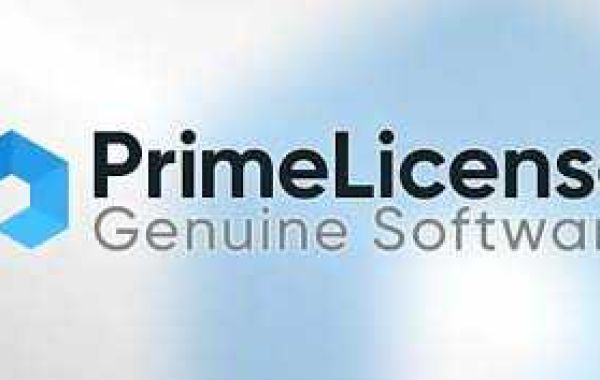Used software licenses are those licenses that were previously owned by another party, for example business or person, who no longer requires them. These licenses are resold to new users through special software dealers so that they can legally use the software.
Advantages of Used Software Licenses
Cost savings: Such licenses are usually cheaper than the new ones and therefore cost of the software is within the reach of users with constrained budgets.
Possibility to buy older software versions: At other times, organizations require certain editions of software to integrate with other systems in the company. The earlier versions of these software can be bought from the producer but pre-owned licenses can offer these versions to users.
Potential Risks and Considerations
Legitimacy: The most challenging issue when buying pre-owned software licenses is the question of their authenticity. The buyers have to ensure that the licenses are authentic and the transfer being made meets the requirements of the original software publisher. Any vendors must always be in a position to prove the authenticity of the products and also have the right papers.
Technical Support and Updates: It is important to note that with used licenses, the technical support and update services may not be provided as a result of the software publisher’s policies. As for the services, buyers should decide whether they can do without them or find the support in other ways.
Compatibility and Functionality: It is important that the buyer should ensure that the software that comes along with the pre-owned license shall be compatible with the buyers’ hardware and operating system. Furthermore, the functionality should satisfy the user as some options may be disabled or missing in the previous editions.
Legal Landscape
The legal regulation of the resale and purchase of software licenses is still an ambiguous issue at present and may be restricted by certain laws and legal cases depending on the area. For instance, in the European Union, the Court of Justice in 2012 declared that the resale of software licenses is legal, so long as the original license is disabled by the seller. This important case set the ground for a healthy market for used software in Europe.
However, the legal aspect of software resale is slightly different and rather less friendly in the United States of America. The majority of software publishers’ EULAs contain restrictions regarding the transfer of licenses, the enforceability of which can differ.
Conclusion
A market in second-hand software licenses is one of the most attractive opportunities for cost reduction and environmental conservation. Despite these drawbacks, everyone, as well as businesses, can benefit by using P2P if they do their homework and avoid some potential pitfalls and legal issues. Thus, as the digital economy develops, pre-owned software licenses may become even more popular, offering more opportunities and more affordable solutions for users all over the world.
As always, potential buyers should be careful with this market and always buy from a trusted seller, and they should also read the terms and condition of the license they are buying carefully. Therefore, pre-owned software licenses can be an effective tool in the contemporary world when applying the proper strategy.







